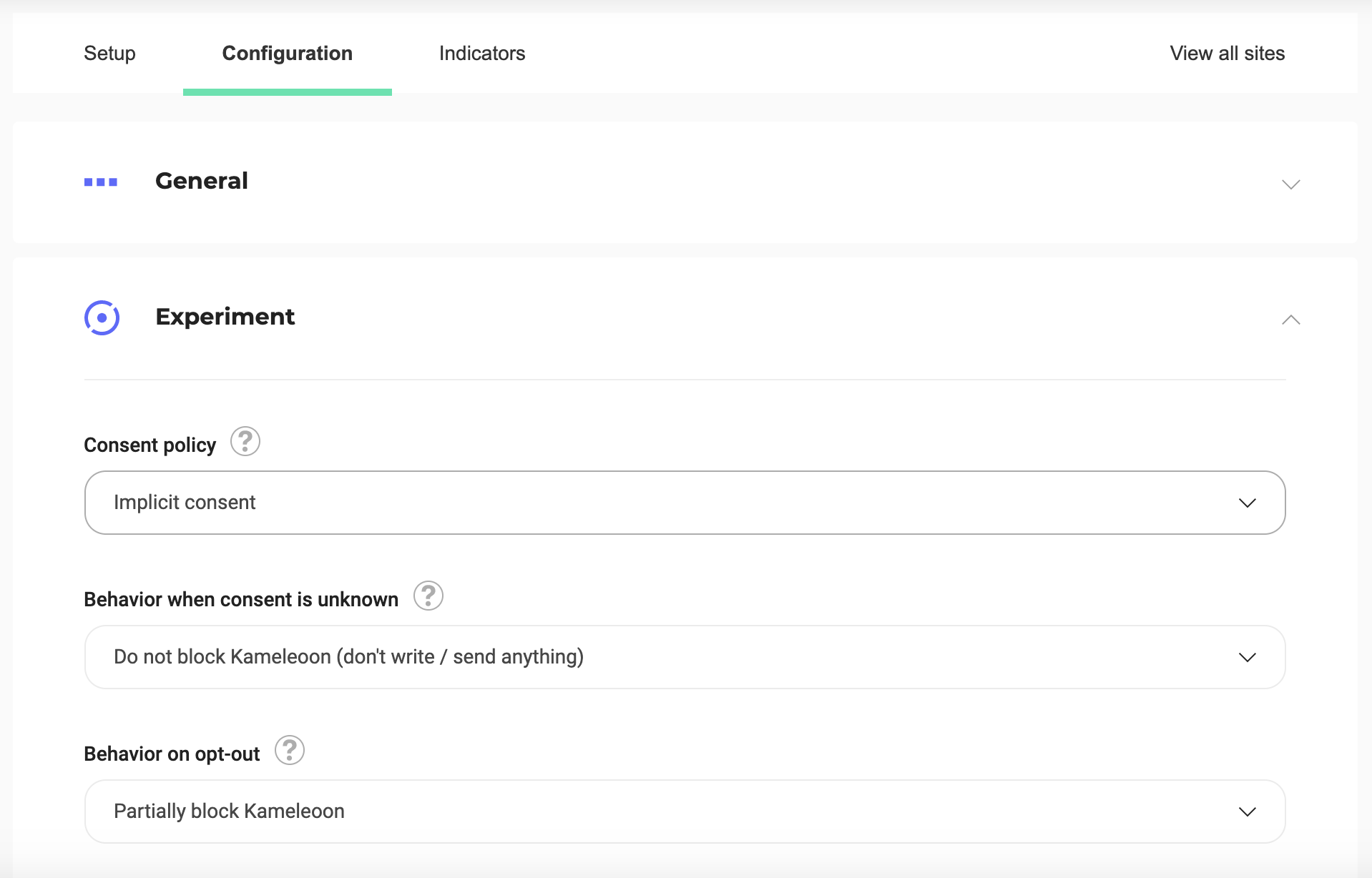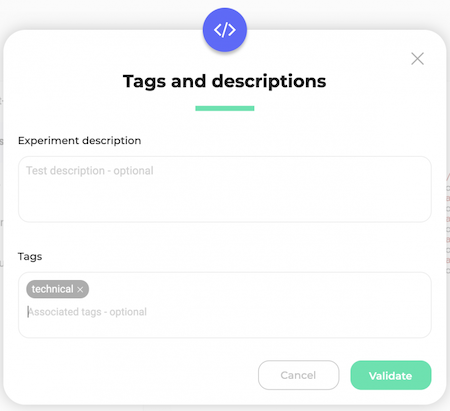
Putting brands in control: Kameleoon flexible consent management
More and more data privacy regulations are coming into force around the world. Brands everywhere therefore need to ensure that they are compliant when it comes to gaining user consent, such as when running experimentation and personalization programs.
1 A/B testing and personalization consent levels differ between countries and activities
Multiple interpretations by country
However, regulations – and how they are interpreted – vary between countries. For example:
- US: CCPA applies to Californian consumers
- UK and Germany: A/B testing requires explicit consent
- France: simple A/B testing does not require explicit consent
Different consent levels by activity
Equally, the need for consent also varies according to the type of experiment or personalization being carried out.
- Explicit consent: A/B tests including IP geolocation and/or custom data, behavioral personalizations
- No consent required: Simple A/B tests without IP geolocation or custom data, bug fixing patches or technical experiments targeting all traffic, such as an update banner served to all visitors.
Clearly, if explicit consent is not required, brands don’t need to disrupt the user experience by asking for it, as this introduces delays and flickering, risking the reliability of results. How can they then effectively manage consent across different geographies and types of activity?
2 Introducing Kameleoon flexible consent management
We recognize that there is no “one size fits all” approach in this area. To help our clients Kameleoon has therefore introduced its flexible consent management feature. This allows brands to better manage their compliance, improving the experience for users, reducing administration time and streamlining their programs.
Our consent management feature enables brands to easily set whether experiments and personalizations require consent, ask for consent if needed, and then manage how the Kameleoon platform behaves depending on the response from site visitors.
Kameleoon is the only platform that provides flexible consent management capabilities which allow our clients to maximize the user experience while minimizing the impact of legislation.
3 How Kameleoon flexible consent management works
Brands have the choice of three options in the site configuration page, and can define their policies differently for A/B testing and personalization. You can read more about how to decide which options to choose in our user documentation.
Setting consent options
By choosing between three boxes, brands can define:
- The consent management policy - choosing whether consent is required or not
- The behavior of Kameleoon when consent is unknown (such as for a new site visitor)
- The behavior of Kameleoon on opt-out

Depending on the options selected, Kameleoon can adapt to the context of each brand and their usage of the platform:
- Run as normal (consent not required)
- Display all experiments and personalizations, but not collect data until explicit consent is given
- Completely block Kameleoon (no experiments/personalizations displayed and no data collected until consent is provided)
- Partially block Kameleoon, just running experiments tagged as “Technical” (which I’ll explain below). No data is collected until the user gives their explicit consent.
Technical experiments and personalizations
Often, brands will want to run experiments and personalizations to their entire traffic. These could be messages/banners for everyone to see (such as about opening hours or updates on COVID-19 activities). These do not require user consent as they are served to 100% of visitors and are part of the standard operations of the website.
Brands can flag this type of experiment and personalization with the Technical tag, meaning they run independently of the overall consent management policy that they have defined. Kameleoon will run this experiment/personalization without waiting for visitor consent but will not collect or send any data to analytics.

Data privacy is a key issue for brands as I outlined in this recent blog, meaning the topic of consent management is becoming more and more complex. With Kameleoon flexible consent management they can easily apply the right policies for different countries and types of activity, in a way that is completely transparent to the user and is fully compliant with regulations.
To find out more about our new features contact your customer success manager or email us here.



